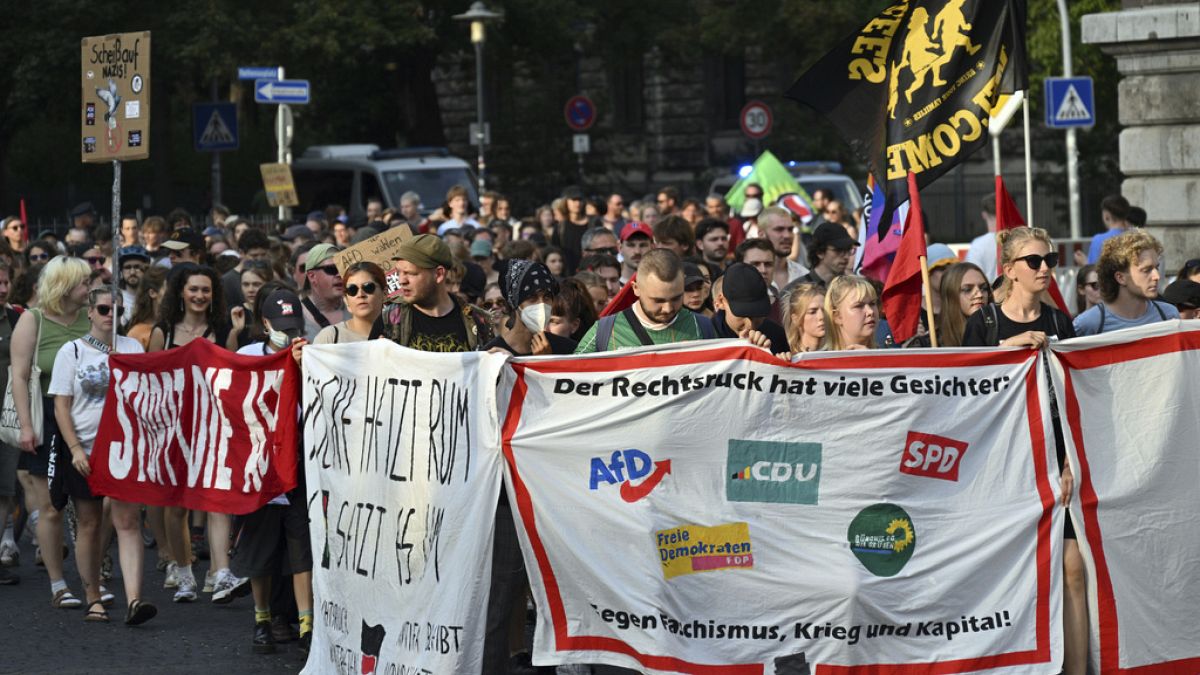The results of the recent regional elections in Saxony and Thuringia have caused quite a stir in Germany and Europe. The victory of the far-right Alternative for Germany (AfD) in Thuringia has raised concerns due to the party’s controversial views on Germany’s history and its stance on issues such as immigration. While the AfD and the leftist populist Sarah Wagenknecht party may not form a governing coalition, the strong anti-Ukrainian and pro-Russian sentiment in these regions could potentially influence Germany’s or even Europe’s stance on supporting Ukraine.
Despite the outcome of the elections, it is important to note that foreign policy decisions are made at the federal level in Germany, not by individual states. According to Peter Hefele, policy director at the Wilfried Martens Centre in Brussels, support for Ukraine remains high in Germany and Europe as a whole. While the rise of extremist parties may be concerning, particularly among young voters, it is crucial to focus on providing a positive vision for the future and addressing the hopes and concerns of the younger generation.
One of the consequences of the regional elections has been the decline in support for the Green party, which is part of the governing coalition in Berlin. In Thuringia, the Greens failed to secure any seats in the legislature, leading to questions about the future of Germany’s energy transition goals. However, German Green MEP Michael Bloss remains optimistic, emphasizing the progress that has already been made in terms of renewable energy and the reduction in energy prices. He believes that more recognition should be given to the efforts made in the eastern regions of Germany in transitioning to a more sustainable energy system.
Overall, the recent election results in Saxony and Thuringia have raised concerns about the rise of far-right and populist parties in Germany. Despite this, it is important to remember that foreign policy decisions are made at the federal level and that support for Ukraine remains strong in Germany and Europe. The decline in support for the Green party in the elections has sparked discussions about the future of Germany’s energy transition, but there is optimism that progress can continue to be made. It is a challenging time for German politics, but there are opportunities to address the concerns of voters and work towards a more sustainable and inclusive future.











